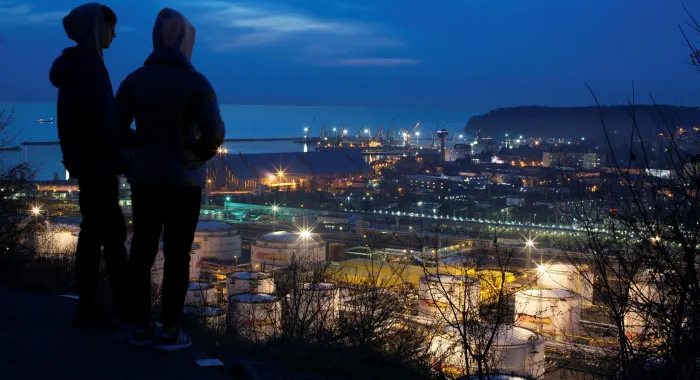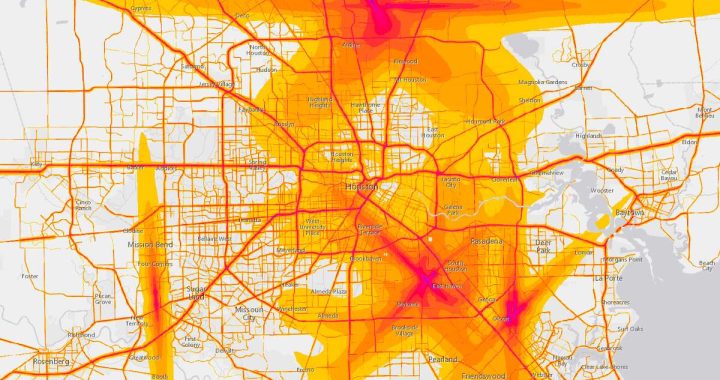Men gripped wrists two at a time. Then hugged. Together, we were.
After ye ole UK my brother and I hopped a flight a few time zones eastward, with the friend we had always planned to meet at Heathrow, around the midnight hour.
“I got us lounge entry,” he spoke, a grin dawning his teeth. “Right this way, boys.”
There are friends who you grow up with, friends who stab you in the groin, friends who come and go as they please. But then there are some friends who bridge the gap between geography and lifestyle to stay part of your entourage. Our friend who met us at the London airport was such a friend. Though he lives on the west coast, I on the east, he still feels a part of my daily life. I his.
The first time we met must have been at a house party in Austin, introduced to me as the intimate friend of my intimate friends. We become close within a kegstand’s time. (Aren’t college parties fabulous? My cousin, in his Freshmen year, recently made the observation that college is for him the most stressful and fulfilling thing in his life. A truer statement cannot be stated.) Ever since, we have been long distance buddies. We’ve outlasted breakups, outlasted university careers, lived through awkward double dates and through elevated EDM raves.
The friend, a certain ANDREW, proves the answer to the question: “Can two bros really be brothers?” Yes.
Returning to the summer, Andrew knew my blood-brother and I had this Euro-bonanza planned. He wanted in. Part of me felt like we had to let him join, you know, but another felt a trio would be much stronger than a duo, screw sociology. Our shared jokes get you in the stomach. Our conversations get neck deep. Never a dull moment.
The lounge at Heathrow — graciously opened by Andrew’s membership by whatever dark dealings he’s amassed over the course of his salesmanship, just kidding — provided us hungry-thirsty boys with endless gin wells and samosa platters. We scarffed down what we could, leaned into our couch chairs, and made friends with a non-local a table over. She was also boarding our flight. Russian, she had asked to borrow our phone charger. Her back upright as she spoke, eyes glaring as she talked. She concerned herself with making as few grammar mistakes as possible. The rest of her remained a mystery, lost under a bridge no one would cross.
“I was here to visit my sister,” she said. “Now I go back to work.”
“What’s your job?” Andrew asked, ever American. My brother and I rubbed our temples, listened.
“I work business,” she said.
Andrew turned to me, unsure of what she had said. I had heard the words, but also missed the meaning.
“You work in business?” I asked, stressing the preposition, the word business. “You are like moi droog, zdyes.” (I figured I could start warming my Russki tongue.) “Moi droog — biznizmen.”
She turned to my friend. Both of their pairs of cheeks flushed. He found himself disoriented, not just that moment, but throughout entire tenure of our expedition, a disassociation with language that would play as theme between his and his experience of the summer). The lady herself, well, she looked at at the ceiling where the PA annoucned some news.
“They calling our flight,” she spoke, “at last.” The flight had been delayed, I forgot to mention, by more than a few hours. Aeroflot handed us ten euro coupons to each customer. Between the three boys we had enough to buy a nacho dish three beers and Muscovite guac when we landed in that other land.
We ate, as we waited.




